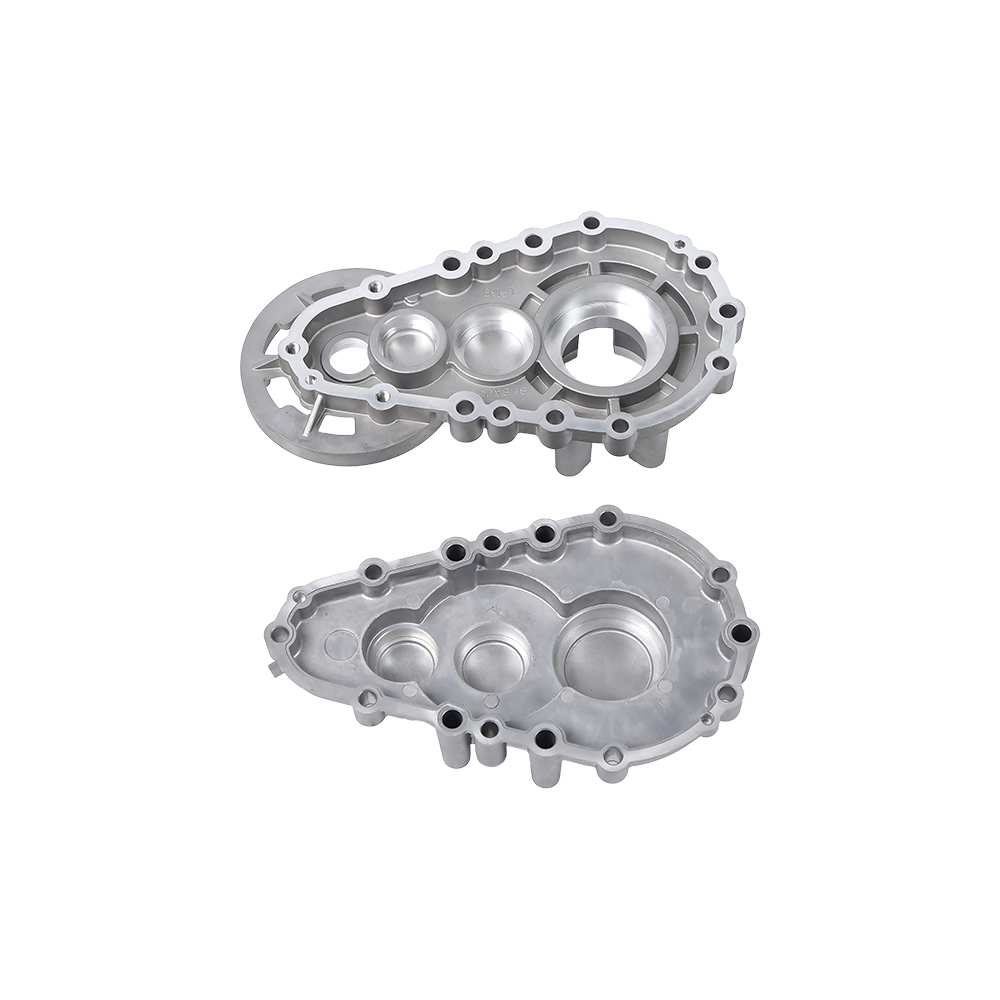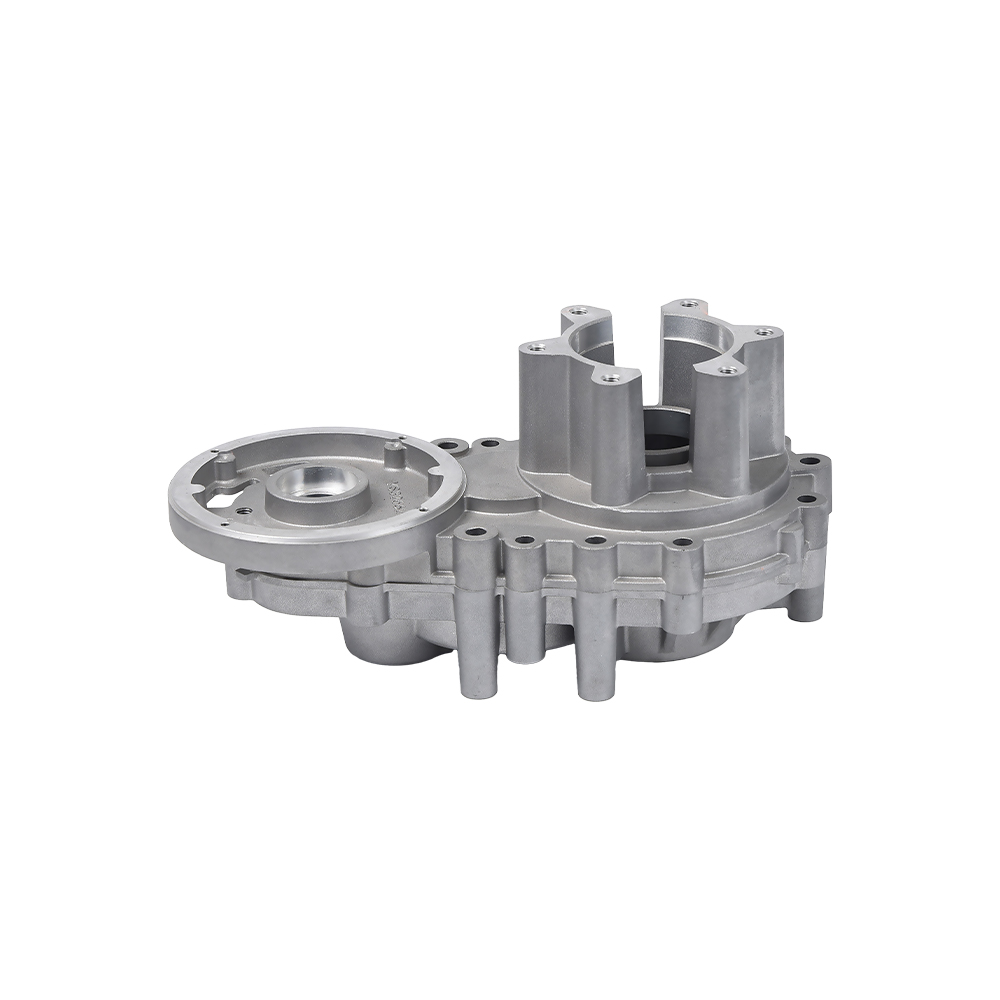The cooling process is crucial in the production of aluminum die castings. Cooling delay can cause the metal liquid to maintain a high temperature in the mold for too long, thereby affecting its solidification process. When the cooling is insufficient, the metal liquid may not form a uniform and dense microstructure during solidification, resulting in surface roughness. This roughness not only affects the appearance quality of the parts, but may also have adverse effects on their subsequent processing and usage performance.
Specifically, cooling delay may cause a series of problems, such as poor flow of molten metal in the mold, resulting in incomplete filling or turbulence, and thus forming defects on the surface of the parts; Meanwhile, prolonged insulation time may also prevent the timely discharge of gases in the molten metal, resulting in the formation of pores or inclusions, which can also manifest as surface roughness or unevenness.
In addition, cooling delay may also affect the dimensional accuracy and internal structure of the parts. Due to the shrinkage of molten metal during solidification, uneven or delayed cooling may result in inconsistent shrinkage of the parts, leading to defects such as deformation or cracks. These defects not only affect the appearance of the parts, but may also reduce their mechanical performance and service life.

 English
English русский
русский Español
Español










